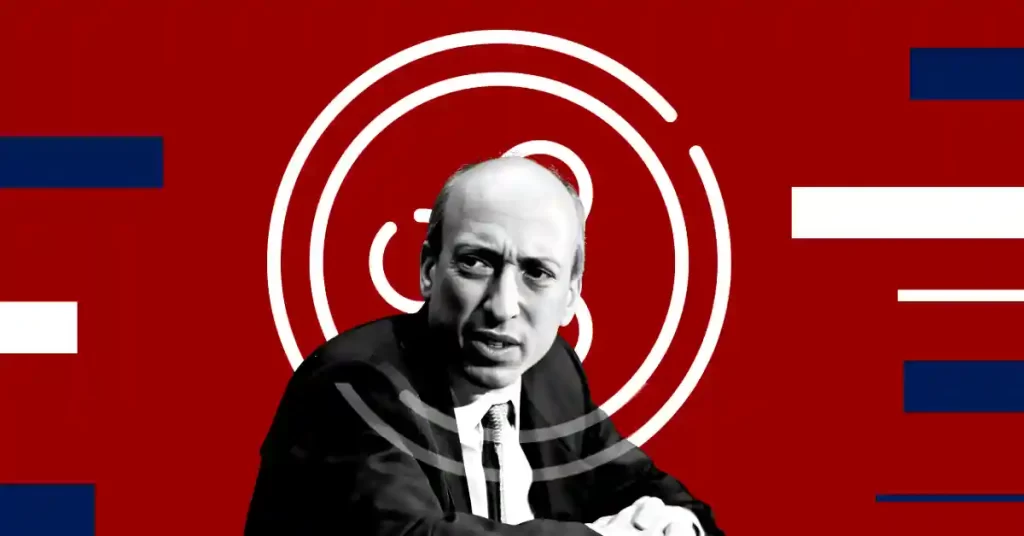
The post XRP Lawsuit: Mark Yusko Says New SEC Leadership Could ‘End Ongoing Lawsuits’ appeared first on Coinpedia Fintech News
As the cryptocurrency market continues to send mixed signals, the possibility of new Exchange-Traded Funds (ETFs) for assets like Solana and XRP has investors excited. However, these developments are facing challenges due to regulatory issues with the U.S. Securities and Exchange Commission (SEC), especially under the leadership of Gary Gensler.
Political Shift Could Open the Door for Crypto ETFs
Many experts believe that if Donald Trump were to win the presidency again and appoint a new SEC chair who is more supportive of cryptocurrencies, it could lead to the approval of more crypto ETFs. This could include ETFs for popular altcoins like Solana, XRP, and others. In an interview with Mark Yusko of Morgan Creek Capital agrees, saying that if Gary Gensler is replaced, it might also mean the end of some ongoing lawsuits against cryptocurrencies, which could help clear the path for ETF approvals.
The Boomer Divide: Bitcoin vs. Altcoins
However, there’s a catch. Yusko points out that ETFs are generally seen as a tool for older, more traditional investors—often referred to as “boomers”—who understand assets like gold but may not fully grasp cryptocurrencies. These older investors typically invest in things like stocks, bonds, and gold, while younger investors are more familiar with digital assets like Bitcoin and Ethereum.
Boomers control a large portion of global wealth, but as younger generations inherit this wealth, they are expected to move their money into modern assets like crypto. For now, though, interest in altcoin ETFs might come mostly from speculative investors—those who want exposure to digital assets but don’t want to deal with things like managing private keys or using decentralized exchanges.
Bitcoin: The Institutional Favorite
Bitcoin, often called “digital gold,” remains the primary cryptocurrency that attracts institutional investors. But if the market could settle the ongoing debate over which blockchain is the best for smart contracts—Ethereum, Solana, or others—there could be more interest in altcoin ETFs in the future. Smart contracts are self-executing contracts with the terms of the agreement written directly into code, and they have the potential to transform industries like finance.
Yusko also believes that blockchain technology could solve problems like voter fraud by enabling secure, transparent elections with one person, one vote, recorded on the blockchain. While this idea would face political resistance, it shows the far-reaching potential of blockchain beyond just finance.
For now, while altcoin ETFs may take time to get approved, the long-term trend is clear: cryptocurrencies, especially Bitcoin and Ethereum, are here to stay. If regulatory attitudes shift, it could lead to faster adoption of altcoin ETFs, but in the short term, Bitcoin remains the dominant player.

 2 weeks ago
16
2 weeks ago
16
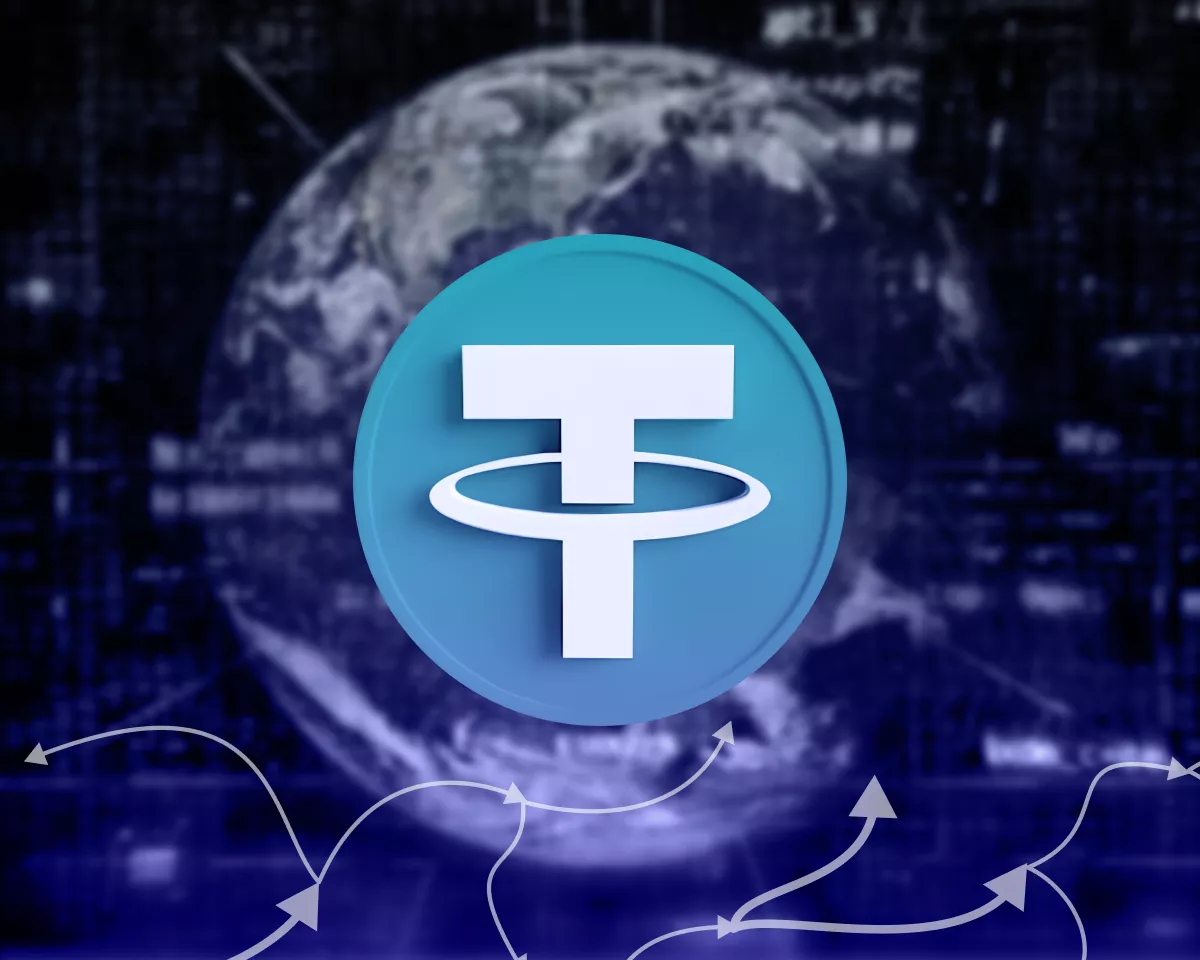
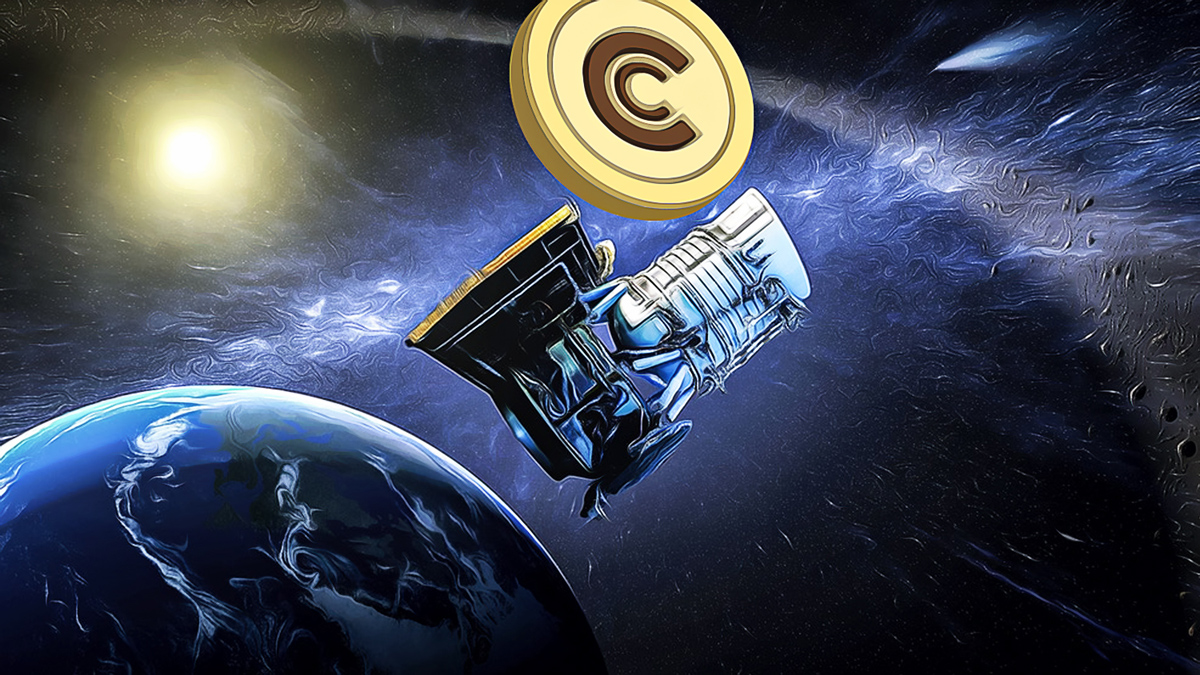
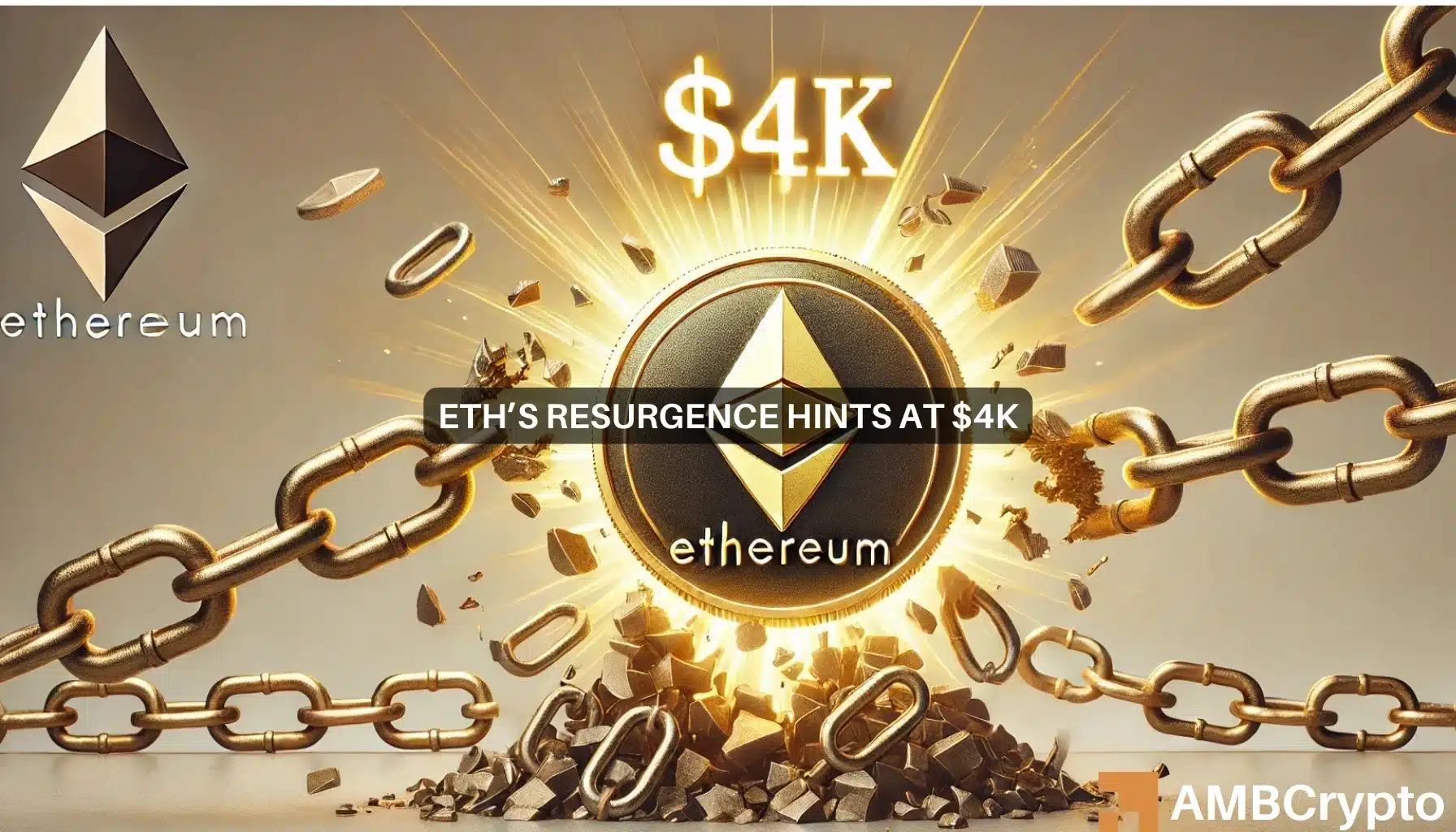










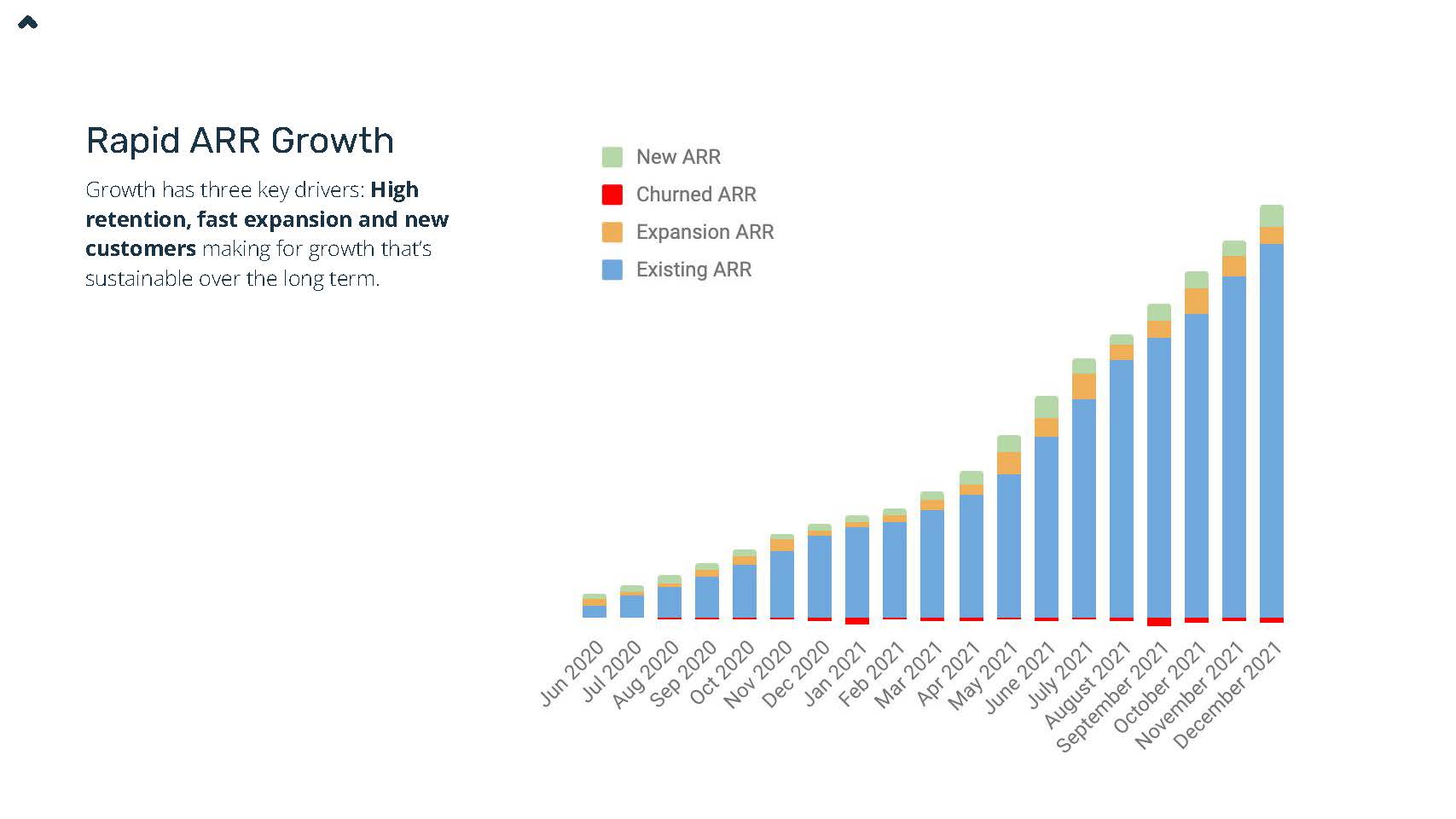
 English (US) ·
English (US) ·